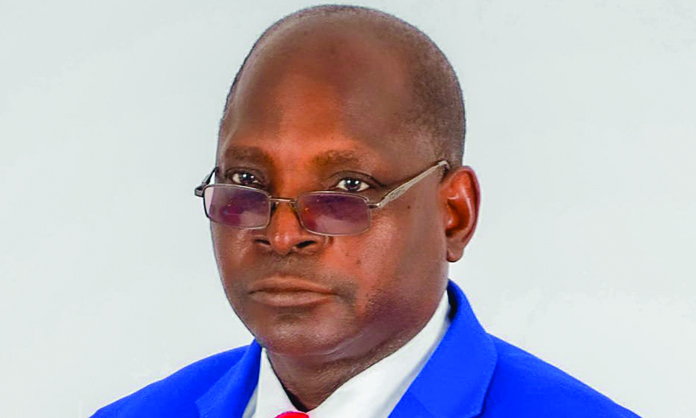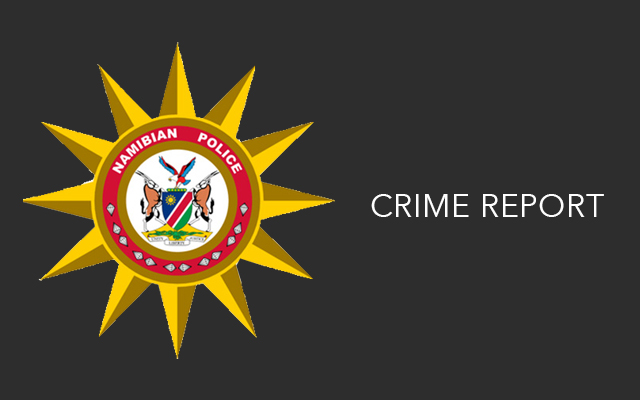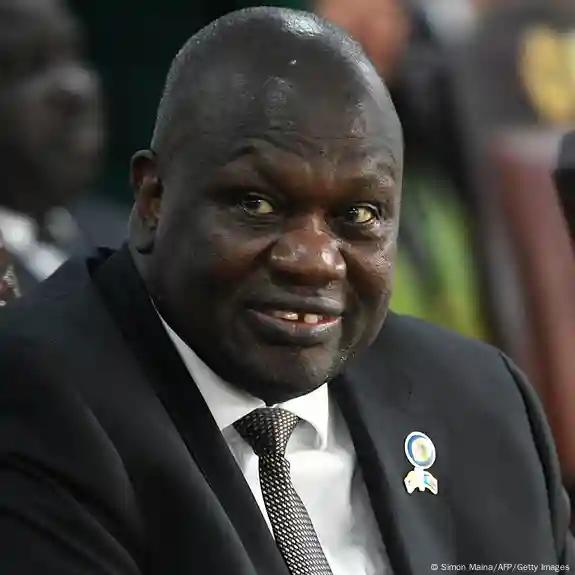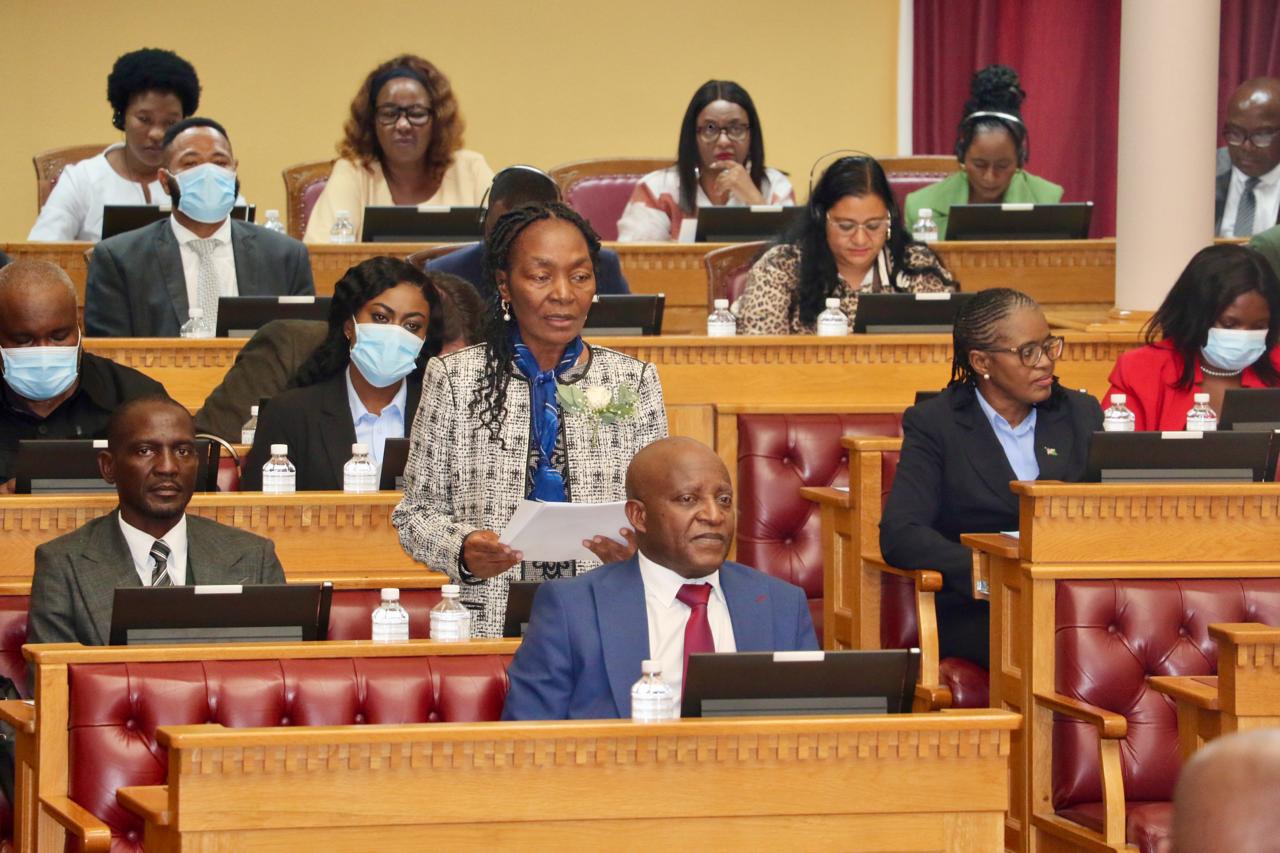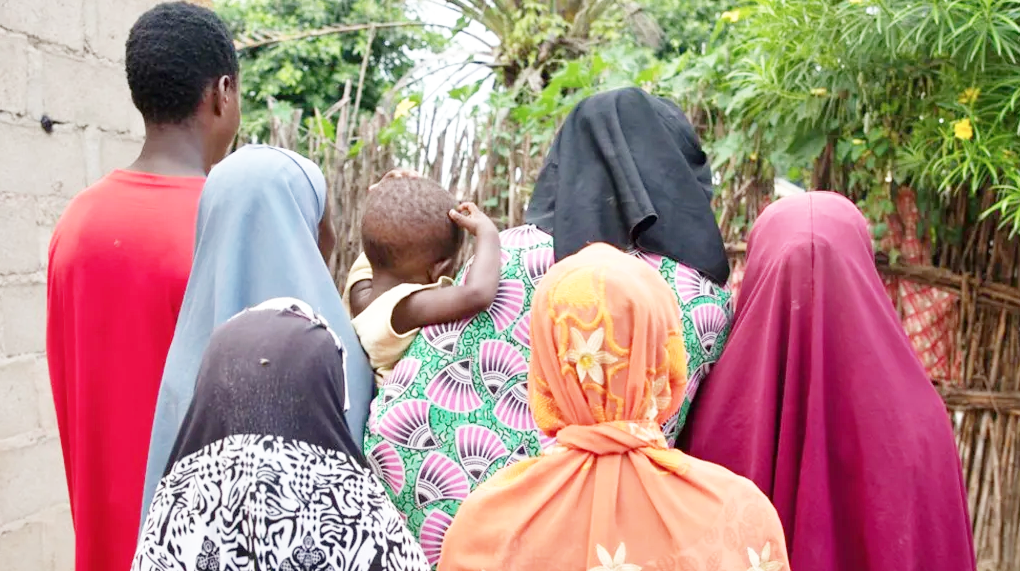The Body of Christ Party (BCP) promises to base Namibia’s policies on God and the Bible if elected to power.
The party is eyeing 50% church representation in all government and private entities.
BCP president Festus Thomas on Saturday at the party’s manifesto launch at Ondangwa said it would steer the country in a Christian direction.
“A total of 50% representation of church in all spheres representing economic benefit, political participation, managerial and leadership responsibility,” the party’s manifesto reads.
Namibia’s Constitution currently states that the country is a secular state.
This means it is not run according to religious principles.
“As a party with a strong biblical foundation, the BCP government seeks to honour God first and put people’s needs at the centre of our policies,” Thomas said.
The party wants to reintroduce Bible studies as a subject in the school curriculum when elected to the government.
“As a biblical-based political party we demand the Bible to be released from the museum and reintroduced in public schools,” he said.
Namibian cleric bishop Lucas Katenda yesterday described the reintroduction of the Bible in schools as an attempt to impose a specific religion on the public.
“I do not dispute that, but I am afraid if we link politics to Christianity, we will be making a mistake,” he said.
Katenda said there should be separation between churches and the state.
“Speak the message of God outside the government. Children should learn the Bible at home or in private schools,” he said.
Katenda said the BCP is a reactionary party of which the effectiveness can only be determined when making it to parliament.
Meanwhile, Thomas said the party has registered 270 000 members countrywide.
He said religious struggles have worsened in the past 34 years of the democratic dispensation.
“[. . .] with religions suffering all forms of violation and brutality from all walks of life – especially the government itself,” he said.
To address youth unemployment, Thomas said the party would do research to determine how many skilled people are unemployed.
Political scientist Ndumba Kamwanyah emphasises Katenda’s sentiments that Namibia’s Constitution is clear that the country is a secular state.
“We are neutral in simple terms, so I really don’t know how Body of Christ would navigate that if elected. Are they going to go by the Constitution, or are they going to enforce religion? That is not clear,” he says.
Kamwanyah further criticises the party’s name.
“I don’t know which Christ they are ascribing to, but there is a contradiction there,” the analyst says.
Kamwanyah says he senses some colonialism in the party’s narrative.
“How did Christianity come to this country? If you don’t decolonise that, then I don’t know,” he says.
He says the party, much like others, did not provide a roadmap about the ‘how’.
“How the jobs will be created and where the funding would come from, and the resources. I don’t want to hear the aspect of let’s have a prayer date or day,” Kamwanyah says.
Stay informed with The Namibian – your source for credible journalism. Get in-depth reporting and opinions for
only N$85 a month. Invest in journalism, invest in democracy –
Subscribe Now!




